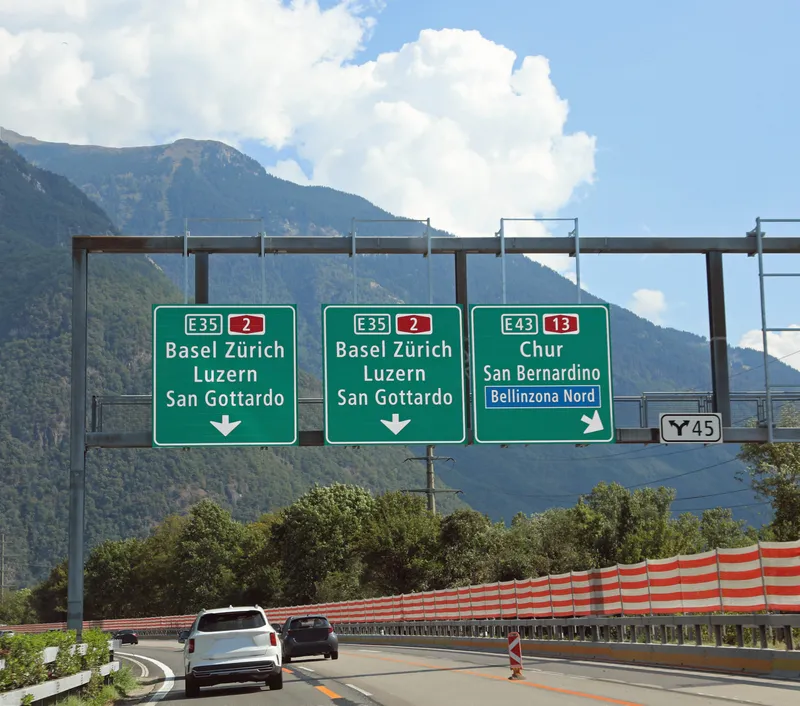Following the suspension of the eco-tax on heavy vehicles in October 2013, a number of possible changes are being studied which could lead to its eventual implementation. The tax is expected to generate some US$1.63 billion per year, which would be used to finance the construction of railways and canals in order to reduce haulage activity on the road.
Possible changes include re-naming the tax, increasing the current 3.5 tonnes minimum vehicle weight, increasing the number of regions which benefit from a
January 31, 2014
Read time: 1 min
Following the suspension of the eco-tax on heavy vehicles in October 2013, a number of possible changes are being studied which could lead to its eventual implementation. The tax is expected to generate some US$1.63 billion per year, which would be used to finance the construction of railways and canals in order to reduce haulage activity on the road.
Possible changes include re-naming the tax, increasing the current 3.5 tonnes minimum vehicle weight, increasing the number of regions which benefit from a reduction in the eco-tax, or limiting the tax to journeys of a particular length, with those under 50 kilometres or 100 kilometres excluded.
Possible changes include re-naming the tax, increasing the current 3.5 tonnes minimum vehicle weight, increasing the number of regions which benefit from a reduction in the eco-tax, or limiting the tax to journeys of a particular length, with those under 50 kilometres or 100 kilometres excluded.










